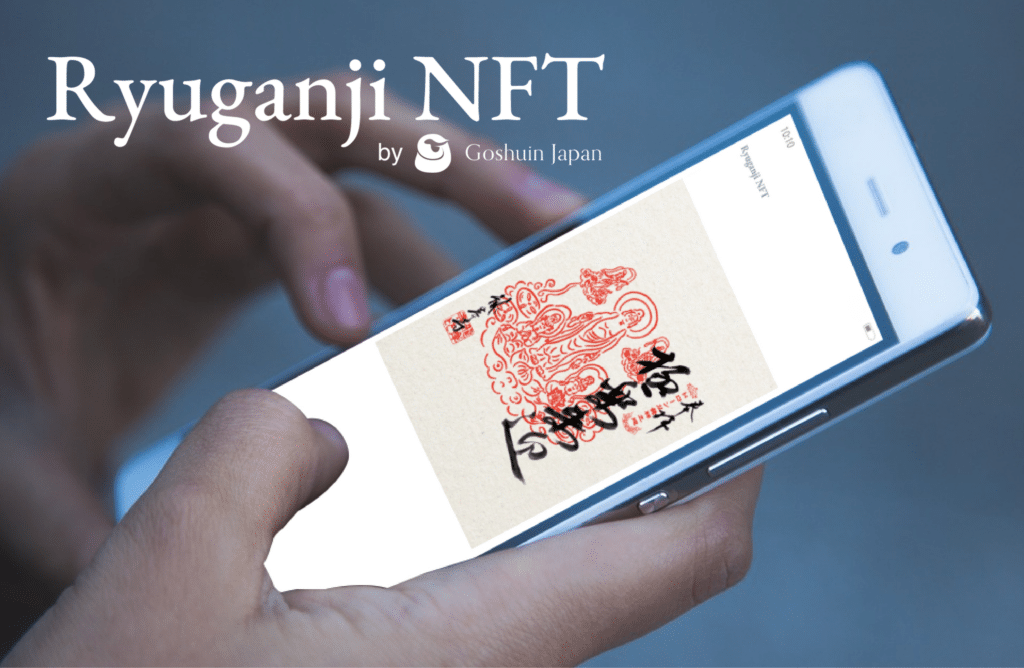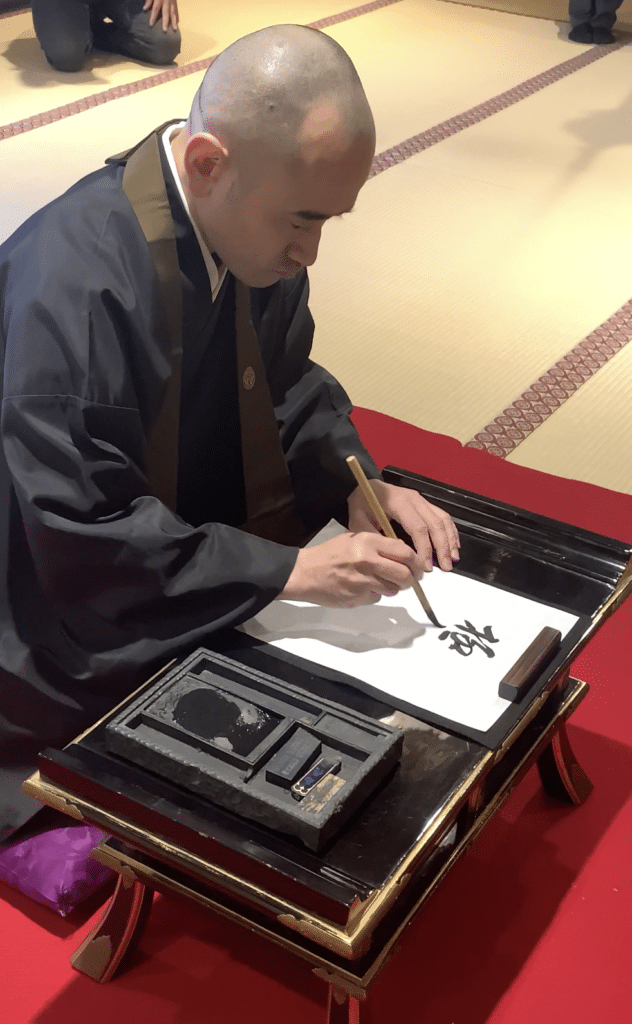A temple in Kyoto, Ryuganji Temple, is offering 1,500 free animated NFTs to promote Japanese Buddhist culture on a global scale.
Starting Nov. 1, users can claim free Ryuganji Temple non-fungible tokens from the official website. Visitors will also be able to collect the NFT directly at the temple starting Nov. 9, 2024 at 14:00 JST. There will be a QR code available on-site for the public to scan in order to claim a free NFT.
The Ryuganji NFT includes a video showing the temple’s gate and main hall as well as a clip of animated brushstroke calligraphy created by the temple’s head priest.
To receive a free Ryuganji NFT, users must complete a brief survey on the website and connect their blockchain wallet. Though the site notes that there will be a gas and service charge, the NFT itself is free and can be purchased using a credit card or Ethereum. The NFT was built using the Ethereum protocol’s ERC-721 NFT standard.

According to the official blogpost, the initiative is part of advertising production company Goshuin Japan’s project that aims to introduce Japan’s local temples, such as Ryuganji Temple, to the world by transforming goshuin into NFTs.
The NFT is inspired by the real visitor’s stamp offered at Japanese temples. Goshuin is a handwritten calligraphy stamp that commemorates the owner’s visit to a Buddhist temple. Worshippers would often collect them when they go on pilgrimages. There are currently around 80,000 shrines and 77,000 temples in Japan.
A standard goshuin includes the temple’s name, date, and phrase. The goshuin is typically handwritten by a monk, making each one unique, much like the nature of NFTs.

Head priest of Ryuganji Temple, Ryuho Ikeguchi, hopes that more people will be able to discover the temple through collecting the NFT as he believes temples are the most fascinating part of Japanese culture.
“By sharing the charm of Japanese culture with the help of people from abroad, both Japan and the world will become more invigorated,” said Ryuho.
Ryuganji Temple was founded in 1616. It was built on the former residence of Shibukawa Harumi, Edo Shogunate’s first astronomer. It is known locally as a a Jodo Buddhist Temple in Kyoto.
This project is in line with Japan’s new Prime Minister, Shigeru Ishiba’s ongoing plan to use blockchain technology and NFTs to revalue local assets like food and tourism on a global scale.
A temple in Kyoto, Ryuganji Temple, is offering 1,500 free animated NFTs to promote Japanese Buddhist culture on a global scale.
Starting Nov. 1, users can claim free Ryuganji Temple non-fungible tokens from the official website. Visitors will also be able to collect the NFT directly at the temple starting Nov. 9, 2024 at 14:00 JST. There will be a QR code available on-site for the public to scan in order to claim a free NFT.
The Ryuganji NFT includes a video showing the temple’s gate and main hall as well as a clip of animated brushstroke calligraphy created by the temple’s head priest.
To receive a free Ryuganji NFT, users must complete a brief survey on the website and connect their blockchain wallet. Though the site notes that there will be a gas and service charge, the NFT itself is free and can be purchased using a credit card or Ethereum. The NFT was built using the Ethereum protocol’s ERC-721 NFT standard.

According to the official blogpost, the initiative is part of advertising production company Goshuin Japan’s project that aims to introduce Japan’s local temples, such as Ryuganji Temple, to the world by transforming goshuin into NFTs.
The NFT is inspired by the real visitor’s stamp offered at Japanese temples. Goshuin is a handwritten calligraphy stamp that commemorates the owner’s visit to a Buddhist temple. Worshippers would often collect them when they go on pilgrimages. There are currently around 80,000 shrines and 77,000 temples in Japan.
A standard goshuin includes the temple’s name, date, and phrase. The goshuin is typically handwritten by a monk, making each one unique, much like the nature of NFTs.

Head priest of Ryuganji Temple, Ryuho Ikeguchi, hopes that more people will be able to discover the temple through collecting the NFT as he believes temples are the most fascinating part of Japanese culture.
“By sharing the charm of Japanese culture with the help of people from abroad, both Japan and the world will become more invigorated,” said Ryuho.
Ryuganji Temple was founded in 1616. It was built on the former residence of Shibukawa Harumi, Edo Shogunate’s first astronomer. It is known locally as a a Jodo Buddhist Temple in Kyoto.
This project is in line with Japan’s new Prime Minister, Shigeru Ishiba’s ongoing plan to use blockchain technology and NFTs to revalue local assets like food and tourism on a global scale.





